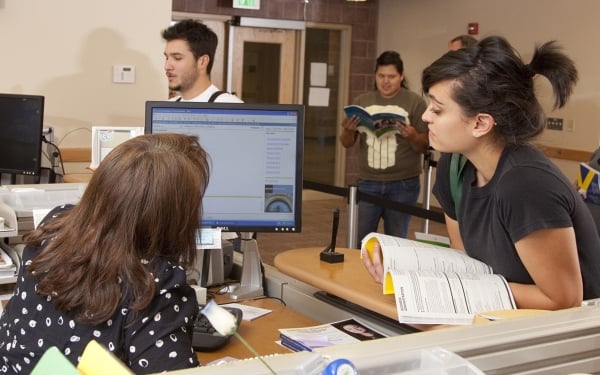Academic advising is a crucial component of students’ academic journey, helping them navigate their courses and make informed decisions about their educational and career paths. However, traditional academic advising can often be time-consuming and inefficient, leading to long wait times for students and overwhelming workloads for advisors.
But with the help of artificial intelligence (AI), academic advising is undergoing a transformation. AI technologies are increasingly being integrated into academic advising systems to provide personalized and efficient guidance to students.
One of the main benefits of using AI in academic advising is the ability to provide personalized recommendations based on students’ individual needs and goals. AI algorithms can analyze a student’s academic record, interests, and career aspirations to suggest appropriate courses, majors, and extracurricular activities. This personalized approach helps students make more informed decisions about their academic and career paths, leading to increased motivation and success.
AI can also streamline the advising process by automating routine tasks, such as scheduling appointments, sending reminders, and collecting data. This frees up advisors’ time to focus on more strategic advising tasks, such as mentoring students, providing guidance on career opportunities, and helping them set and achieve their goals.
Additionally, AI-powered advising systems can track student progress, identify at-risk students, and provide early interventions to prevent potential academic issues. By analyzing data on student performance, attendance, and engagement, AI can identify patterns and trends that may indicate a student is struggling and prompt advisors to provide additional support.
Furthermore, AI can enhance the overall advising experience for students by providing round-the-clock support through chatbots and virtual advisors. Students can access information and guidance at any time, allowing them to make informed decisions in real-time.
Despite these benefits, there are some challenges to using AI in academic advising. Privacy concerns, data security, and the potential for bias in decision-making are all important considerations when implementing AI technologies. It is crucial for institutions to ensure that AI systems are transparent, ethical, and compliant with data protection regulations to maintain trust and credibility.
In conclusion, the integration of AI technologies in academic advising has the potential to revolutionize the way students receive guidance and support throughout their academic journey. By providing personalized recommendations, streamlining processes, and identifying at-risk students, AI can enhance the advising experience for both students and advisors. However, it is important for institutions to carefully consider the ethical and privacy implications of using AI in advising to ensure that all students receive fair and unbiased support.



